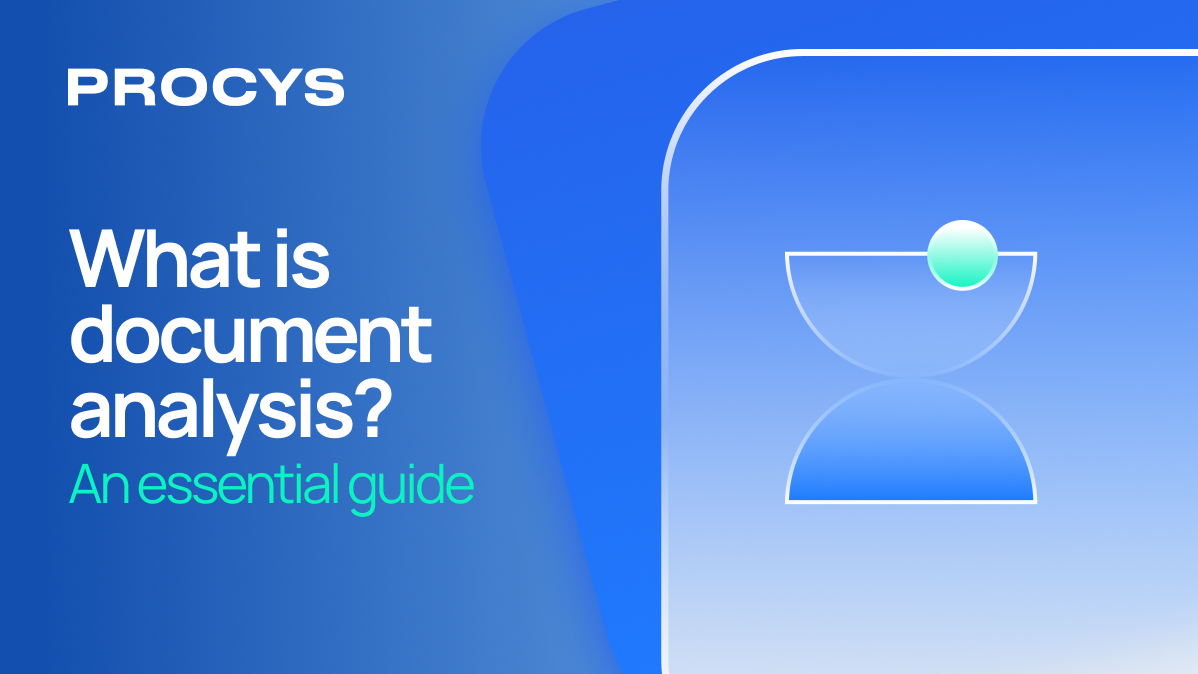Being self-employed can be a great opportunity for those seeking freedom and independence in their work. Being your own boss and making your own decisions may seem attractive, but there is much more to consider before deciding to work for yourself. In this article, we will explore the main advantages and disadvantages of being freelance.
Advantages of being freelance
1. Work freedom
One of the biggest benefits of being self-employed is the freedom to work in whatever you want and choose when and how to work. There are no fixed schedules or bosses telling you what to do, which allows for greater flexibility in work and personal life.
2. Greater autonomy
Being your own boss, you will have the ability to make important decisions without having to consult with hierarchical superiors. You will have the freedom to choose the clients you want to work with, the projects you want to get involved in, and how you want to manage your business in general.
3. Greater income potential
Being self-employed can provide greater income potential compared to a traditional job. Being your own boss, you will have the ability to set your own rates and negotiate with clients. Additionally, you can work with multiple clients and projects simultaneously, which can increase your income potential.
4. Greater job satisfaction
Working for yourself can provide greater job satisfaction by having greater control over your career and the direction of your work. Additionally, self-employment can provide a greater sense of achievement and personal satisfaction.
5. Tax benefits
Being self-employed can also have tax benefits. You may be able to deduct certain business expenses from your taxes, such as the cost of equipment, supplies, travel, and other tools necessary to perform your work.
But it's not all good when it comes to being self-employed, now we will show you the dark side behind this "freedom".
Disadvantages of being freelance
1. Lack of job security
Being self-employed also entails a lack of job security, as you do not have the protection of a labor contract. Additionally, the lack of a stable salary can be a challenge for those seeking financial stability.
2. Greater workload
Being self-employed may require a greater workload and greater responsibility. In addition to performing the work itself, you will also be responsible for administrative tasks such as accounting, invoicing, and tracking client payments.
3. Greater financial responsibility
Being self-employed may also require greater financial responsibility. You will have to manage your own finances and budget, including saving money to pay taxes and social charges.
4. Lack of job benefits
Being self-employed may also mean a lack of traditional job benefits such as health insurance, paid vacations, and retirement plans. You will have to seek and pay for these benefits yourself, which can be a challenge for those just starting out in their careers.
5. Greater competition
Being self-employed means competing with other professionals for work and clients. It can be a competitive market and may take time and effort to build a solid base.
6. Lack of emotional support
Being self-employed may also mean a lack of emotional support. Working independently can be lonely, and the lack of interaction with colleagues can be a challenge for some. It can also be difficult to find mentors or people who can guide you in your career.
7. Legal responsibility
Being self-employed means you are responsible for any legal issues that arise in your business. If there are problems with a client or a legal dispute, you will have to deal with them on your own. There may also be responsibilities in terms of insurance and liability that you need to address.
8. Greater stress
Being self-employed can be stressful, especially at the beginning when you are trying to build your business. Additionally, the lack of financial stability can cause concern and anxiety in some individuals.
9. Less free time
Being self-employed can mean working more hours than you would in a traditional job. It can be difficult to separate your personal life from your work, especially if you work from home or have an irregular schedule. The lack of free time can be a problem for those seeking a balance between work and personal life.
Being freelance can be a great opportunity for those seeking work freedom and independence. However, there are also downsides to consider. It's important to carefully evaluate your goals and skills before deciding to work for yourself. If you decide to become self-employed, you must be prepared to work hard, be responsible for your finances, and be able to overcome any challenges that may arise. Additionally, it's important to seek emotional support and look for mentors or colleagues who can guide you in your career.





